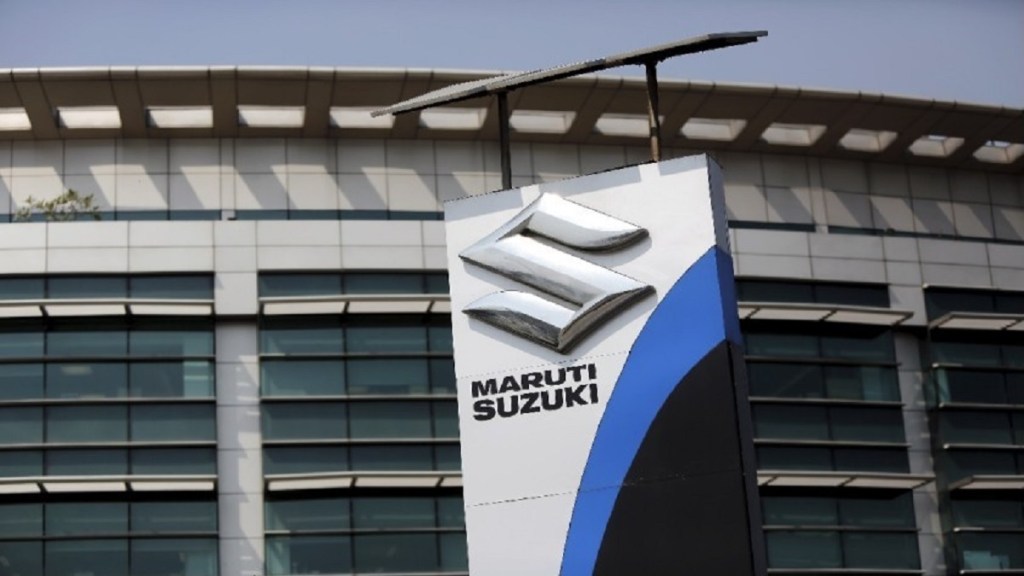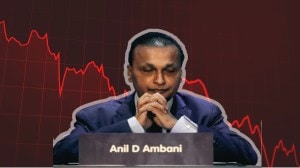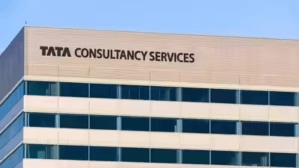With uncertainties lingering about demand sustainability following the government’s push for more expensive technologies like electric and hydrogen, the automotive industry, nonetheless, is aiming for a near doubling of the market by the turn of the decade through record investments.
Hisashi Takeuchi, MD and CEO, Maruti Suzuki India said, “It is estimated that, by FY31, India’s annual passenger vehicle market size will expand to 6 to 7 million units. Besides, we are optimistic about the growth potential of the export market. This means the scale of operations will nearly double from the present levels.”
While electric vehicles are 30% to 100% more expensive than their petrol counterparts at current battery cost levels, hydrogen-powered passenger and commercial vehicles will also be priced significantly higher, say automakers. Such a general rise in prices is expected to have an impact on retail demand.
Last year India’s domestic passenger vehicle market grew to an all-time high of 3.9 million units, pushing the country up to the third rank in the globe trailing the US and China. In the current financial year, the industry is expected to grow to more than 4.1 million units.
“Our businesses will therefore need to be reviewed and re-aligned to the new and much higher scale of operations which will spread across multiple locations,” Takeuchi added.
Car and SUV makers have lined up investments of more than Rs 80,000 crore in the creation of new manufacturing capacities and in product and technology development activities. These will be spent in the next 6-7 years.
Maruti Suzuki is working towards doubling its capacity to 4 million units in the same time frame while Tata Motors aims to scale up its own capacity to more than 1 million in the next 12 months.
The robust expansion plans coincide with the government’s roadmap of pushing for alternate but environmentally friendly fuel technologies such as hydrogen, electric vehicles and bio-fuels in an effort to cut down on imported crude oil which has been a huge drag on the country’s finances.
On Tuesday, Nitin Gadkari, minister of road transport and highways said he is in favour of penalising companies that produce diesel-powered products by slapping an additional 10% ‘pollution tax’ on them in an effort to discourage their demand.
The message from the minister wasn’t received enthusiastically by the automotive industry which expressed apprehension on expediting the adoption of the new generation technologies as there is very little progress in areas of battery cell manufacturing, hydrogen fuel production and commercialisation and hiking the blending of ethanol in petrol.
“For sustainable business operations and to benefit from the growing automobile market, re-investing in the core business and futuristic technologies is very important. We need to invest more in the automobile business,” Takeuchi added.








